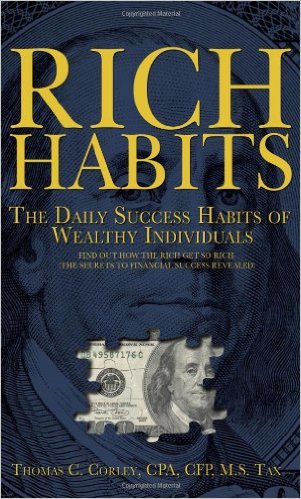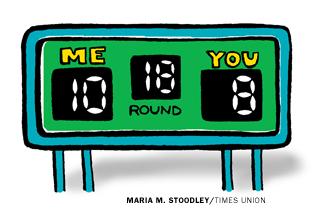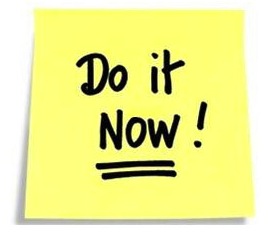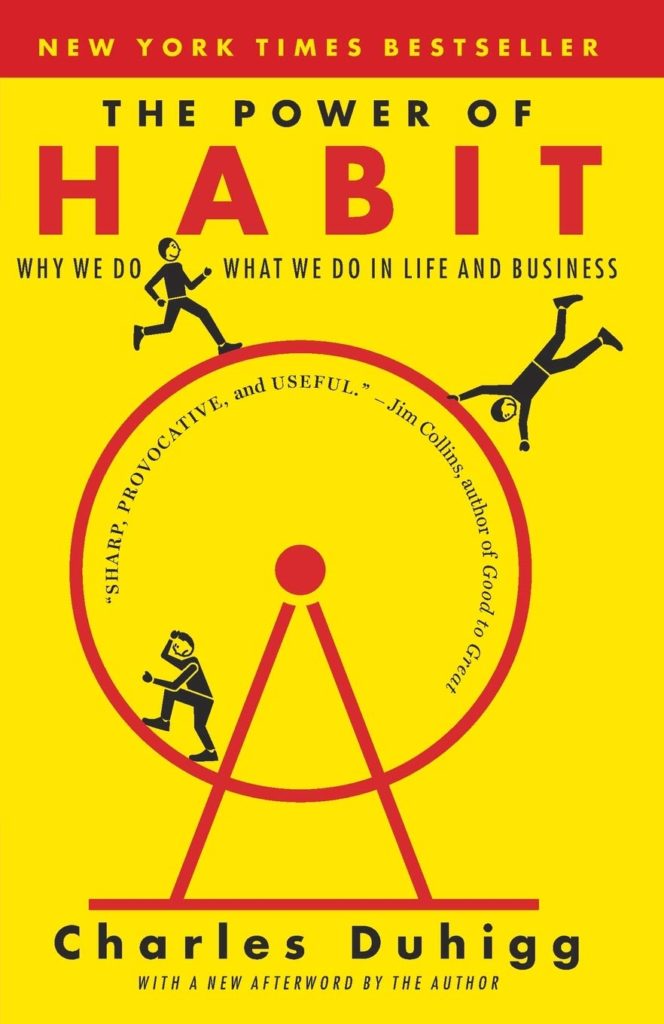“If a man empties his purse into his head, no one can take it from him. An investment in knowledge always pays the highest return.”
—Benjamin Franklin, American Founding Father

A client recently shared with me a book titled Rich Habits: The Daily Success Habits of Wealthy Individuals by Tom Corley.
From Corley’s years of research into hundreds of rich and poor people, I learned that of the wealthiest people:
- 88% read for 30 minutes or more each day.
- 63% listen to audio-books during their commute.
- 94% read about current events.
- 50%+ read biographies of successful people.
In contrast, only about one in fifty of those struggling financially engaged in daily self-improvement reading.
EXERCISE:
How can and will you invest the time and resources in your personal and professional development efforts to lead an even more richly rewarding life?







